Sport
Dollar
37,9913
0.12 %Euro
42,2661
0.23 %Gram Gold
3.782,1100
-0.39 %Quarter Gold
6.304,8300
0 %Silver
38,5200
-0.85 %Sudan faces the world's worst hunger and displacement crisis, with millions suffering from famine and forced migration. Yet global attention remains scarce - here's why, and what to do about it.
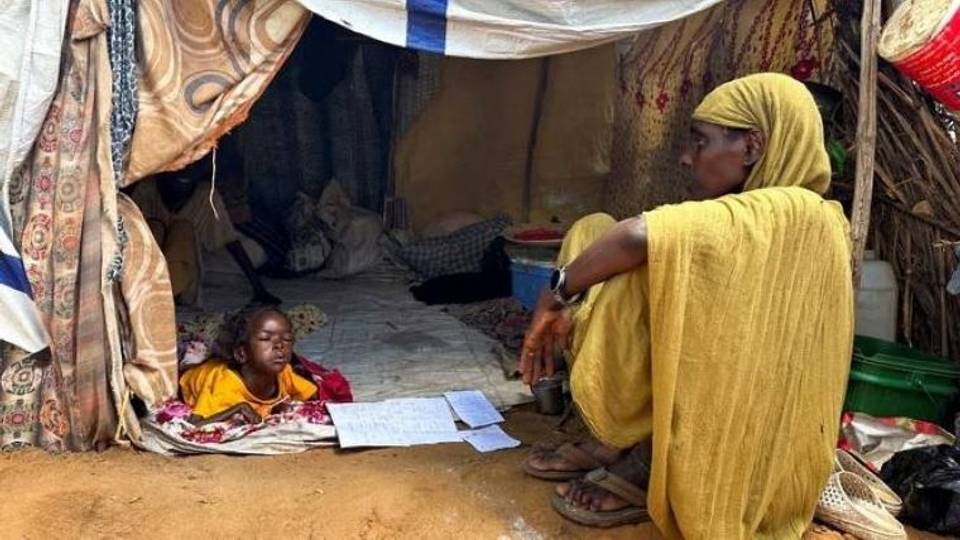
By Tufail Hussain
Earlier this year, I visited Sudan to see for myself the extent of the humanitarian crisis. What I saw shocked me.
Entire families were being forced to survive on just one small meal a day between all of them, IDP (Internally Displaced Person) camps were overwhelmed by the sheer number of displaced people arriving, and people shared horrific tales of violence and atrocities. But something that shocked me was the lack of international attention.
The war in Sudan has created the world's worst hunger and IDP crises. Over 11 million people are internally displaced, more than the combined populations of London and Birmingham.
Half of the country's population, 25.6 million people, are food insecure, meaning they do not know when their next meal will come from, and famine has now arrived in the Darfur region as the war force farmers off their land, leave markets looted and starve people of humanitarian aid.
Yet international attention since the conflict broke out in April 2023 has been muted for a humanitarian crisis of this scale. While I was visiting IDP camps in Port Sudan and Gedaref, I didn't see a single news team. Twenty years ago, this would've been unheard of with a crisis of Sudan's severity.
Of course, there are huge challenges for journalists given the chaos throughout the country, and local Sudanese journalists have faced serious risks trying to report the crisis. And despite these obstacles, there has been some excellent reporting in recent months.
But it is still so vital for the volume of coverage to match the scale of the story. Without media attention, the political, diplomatic and humanitarian action that Sudan so vitally needs will possibly not happen.
But why has Sudan struggled for attention? There are a number of different factors at work that have deprived Sudan of the spotlight it so desperately needs.
The world has turned inwards
Unfortunately, I believe as a world we have turned inwards, away from the problems of other people. The global economic downturn of recent years has exacerbated issues all over the world, including poverty and suffering within our own country, the United Kingdom.
At Islamic Relief UK, our domestic programmes have increased every year as we try to alleviate the country's rising poverty levels.
Tragically, this means that the suffering of people in other countries has been deemed less worthy of our attention.

Additionally, we've seen how some elements in the media demonise refugees and asylum seekers who try to come to the UK. Who would've thought 30 years ago that we'd turn our backs on people fleeing atrocities and human rights abuses?
Unfortunately, I believe this is starting to become how many people view those who are suffering, as "others" who may one day threaten their own livelihoods, because so many people here are struggling with a worsening economic reality.
In the last decade or so, crises in Africa have struggled to gain attention. How many people know that Somalia has wrangled with a devastating drought?
Or that a brutal conflict has ravaged the Democratic Republic of the Congo? The African continent is often maligned these days, as harmful stereotypes have proliferated that humanitarian crises are simply the norm there.
These unfounded beliefs, probably reinforced by racism and unconscious (or conscious) bias, have made issues in Africa easier for people in the West to ignore.
In reality, we've seen that it is Sudanese people themselves who are doing the most to take care of other families affected by this crisis. Local communities have welcomed IDPs into their homes and shared their food. Local community kitchens and youth-led groups have served as the heart of the humanitarian response so far but they are struggling due to the magnitude of the crisis.
Political solutions There are global powers outside the continent fuelling crises like Sudan, ignoring UN arms embargoes. A lack of attention to this issue has been incredibly damaging, because when people care less, then there is less pressure for political action. Crucially, humanitarian aid will never be enough - political and diplomatic solutions need to happen.
Public perception and a lack of awareness have not helped the crisis. According to a recent poll by Islamic Relief UK and polling service Savanta, 70 percent of UK adults said they knew nothing about the current crisis in Sudan.
Finally, the timing of Sudan's conflict has not helped it, as it competes with the harrowing crisis in Palestine's Gaza for coverage. Gaza has dominated the headlines of news outlets' foreign desks since October 2023, and rightfully so.
What we are seeing in the territory is devastating, as the Israeli military has committed atrocity after atrocity against the Palestinian people. This is not to say that Gaza should be covered less. People in Gaza are facing an unprecedented crisis, yet a ceasefire is still nowhere to be seen. And news agencies should not stop reporting on the devastation before an end to the Palestinians' suffering is in sight.
The global news agenda often struggles to cover multiple humanitarian stories at a time. If you look back to the 2000s, the crisis in Sudan's Darfur region was a big news story, while events in the DRC were ignored.

In the 2010s, stories on conflicts in Syria and Lebanon sporadically made their way into newspapers, but the crisis in Yemen was forgotten. With conflicts happening in Gaza, Ukraine and Lebanon this year, Sudan has sadly fallen down the list.
In the coming year, governments and news agencies the world over need to pay attention to events in Sudan and rethink how they can give the stories of the Sudanese people the attention they deserve.
The role of international journalism is so critically important, and should be supported, as excellent reporting can mean the difference between whether governments mobilise to secure diplomatic and humanitarian solutions to crises like Sudan or not.
The author, Tufail Hussain, is the Director of Islamic Relief UK. He has nearly two decades of charity sector experience, leading transformative growth, championing youth empowerment, and raising global awareness for humanitarian crises.
Disclaimer: The views expressed by the author do not necessarily reflect the opinions, viewpoints and editorial policies of TRT Afrika.
➤ Click here to follow our WhatsApp channel for more stories.
Comments
No comments Yet








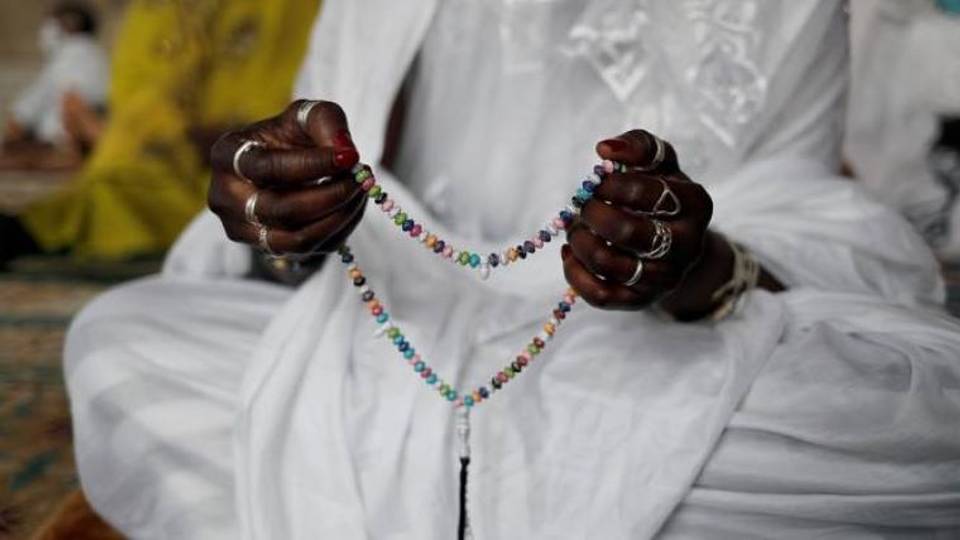
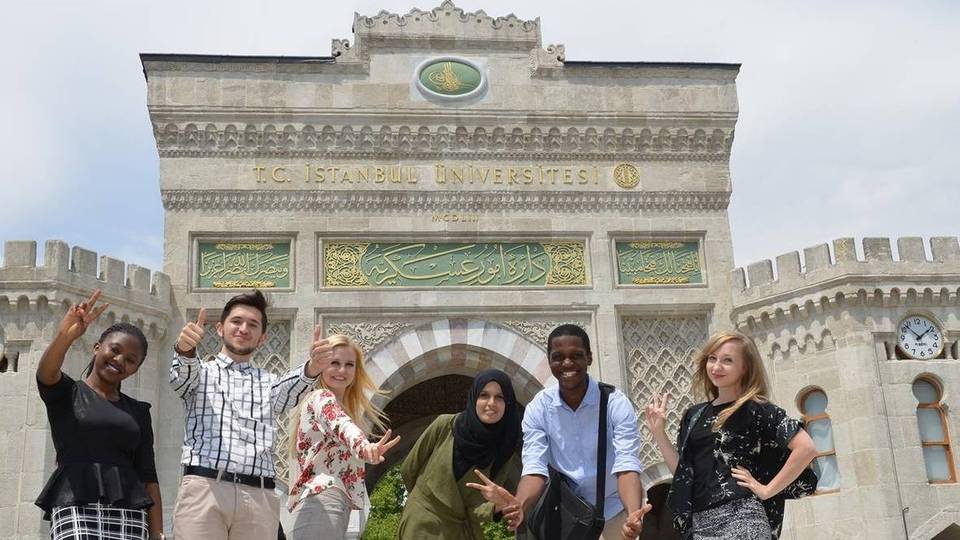
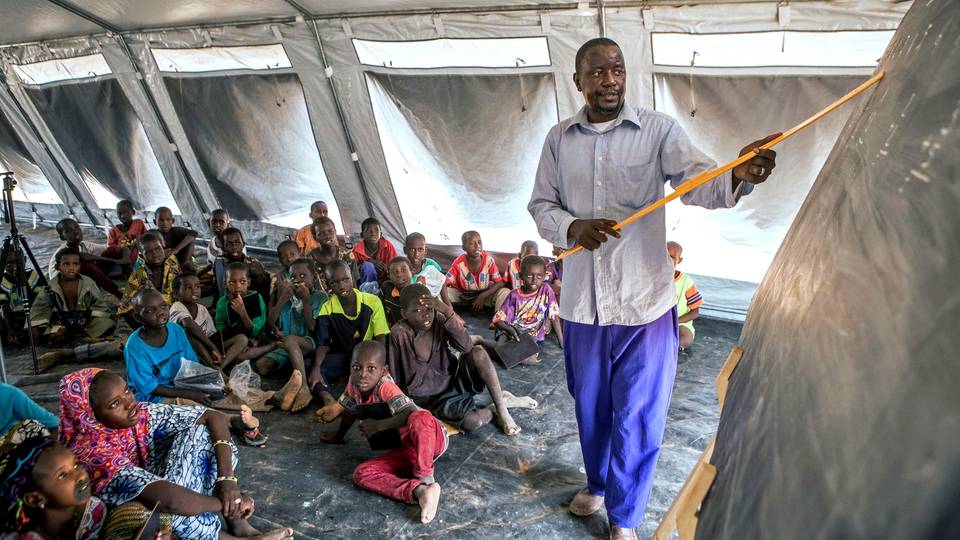
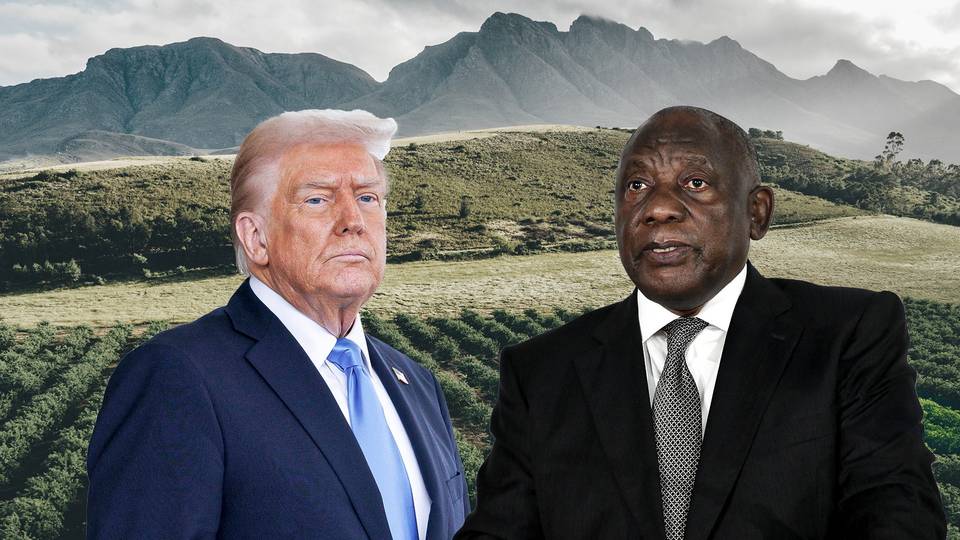








Comment